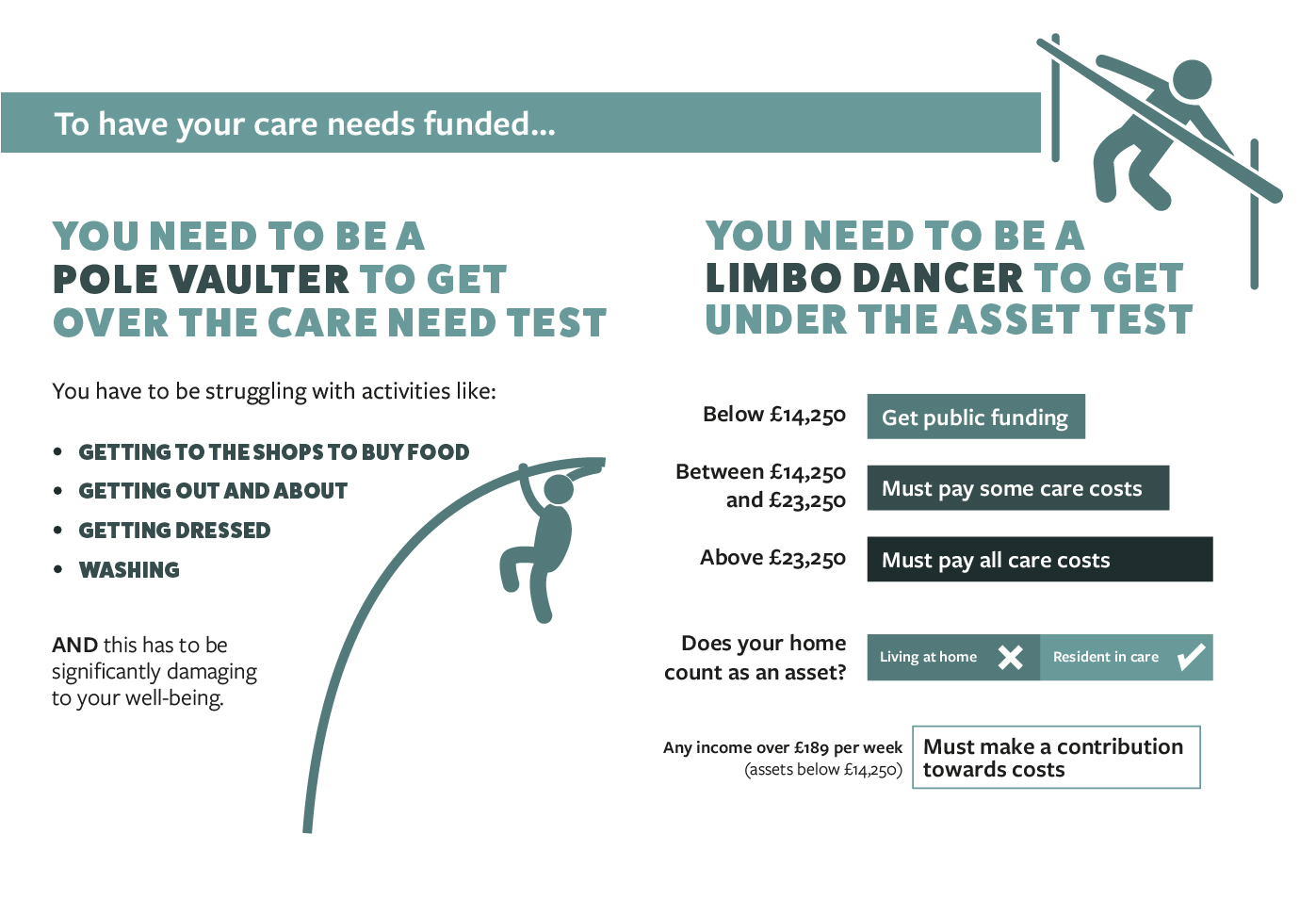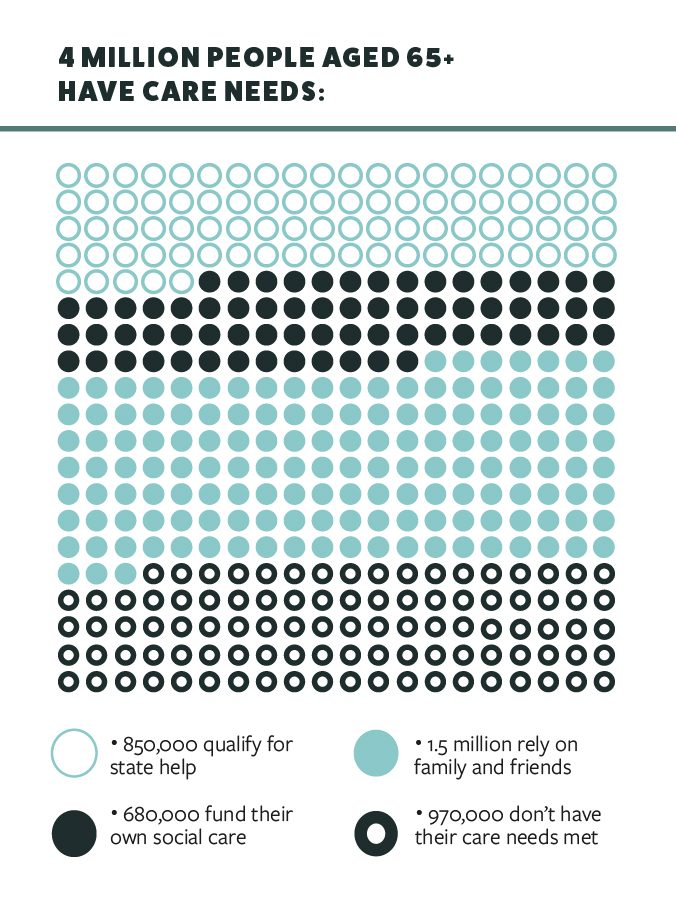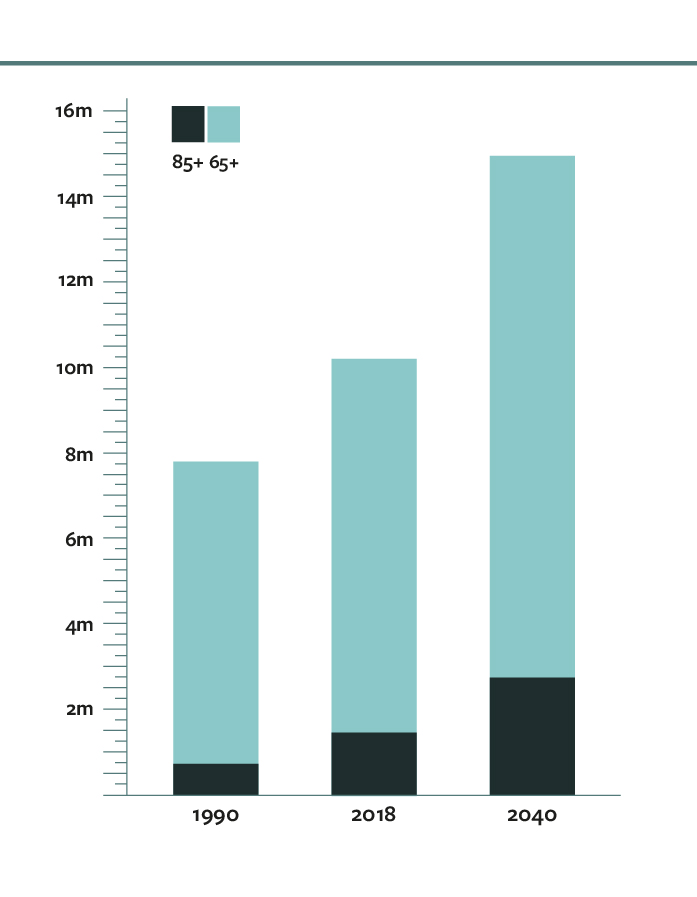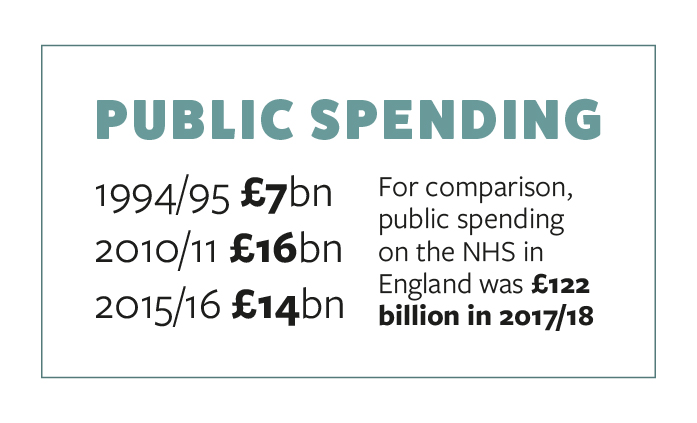What is adult social care?
Adult social care provides help, care and protection from harm for adults with learning
disabilities, physical disabilities and people with mental health problems.
Many people who receive
social care are older people who
are frail and/or living with long term
health conditions, such as dementia or arthritis.
What is the aim of adult social care?
To help people be as independent as possible, retain their dignity and achieve a better quality of life.
Where does adult social care happen?
In people’s own homes.
In a residential care or nursing home.
What
does it involve?
Personal help with things like washing, eating
and getting dressed

Domestic help with
things like shopping and cooking

It might also include
less traditional services, such as giving people money to employ a personal
assistant

The current funding system
Adult social
care is not part of the NHS. Whereas the NHS is mostly free at the point of use,
social care is not.
Local councils are responsible for social care for people who meet two
criteria:
1. They must have high care needs
2. They must declare their income and assets. This is the asset test:

Local councils’ funding is mainly from: council tax, business rates, charges to service
users, the NHS and government grants.
Demand is growing

One study found that older people with unmet needs were not generally
going hungry or cold or unsafe. But:
- Carrying out the basic activities of daily living could take a lot
of time and lead to pain and exhaustion
- They
were often unable to participate in hobbies
and interests and unable to get out of the house, leading to loneliness and isolation
The number of
people in the age ranges likely to need social care is growing:

Public spending
has been falling

Finding out more
The report of the Citizens Assembly on Social Care is at
https://publications.parliament.uk/pa/cm201719/cms...
The report on the workshops run by Ipsos MORI can be downloaded from this page:
https://www.ipsos.com/ipsos-mori/en-uk/understandi...
.jpg)




